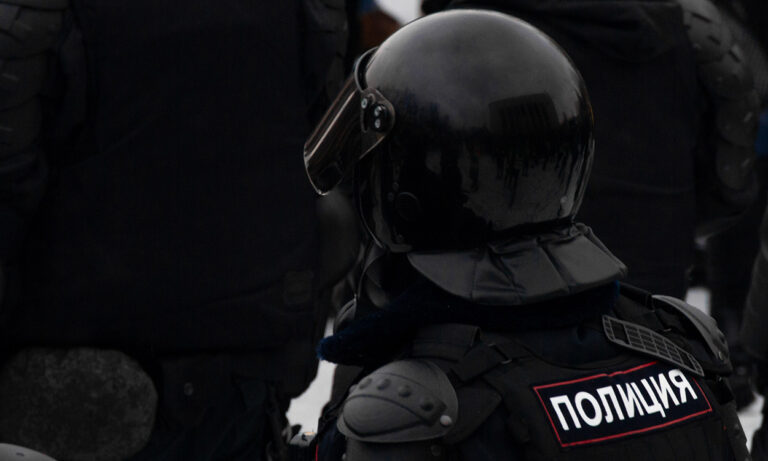Vladimir Putin cracks down on human rights by banning ‘LGBTQ+ propaganda’ in Russia
Russia has a long history of persecuting its own LGBTQIA+ communities, and today, the story is no different. Under President Vladimir Putin, the country only seems to be taking steps backwards, as it ramps up limits and control over the freedom of its citizens, an issue that has been exacerbated by its invasion of Ukraine.
On Monday 5 December 2022, the dictator wannabe signed a piece of legislation that cracks down even more on the freedom of its LGBTQIA+ communities—people who are already unable to live openly and freely within the ultra-conservative country. The new legislation in question widely bans expression of their identity in public spaces.
An oppressive history of Russia’s anti-LGBTQIA+ legislation
The new legislation follows on from a similar bill passed in 2013. Titled “On the propaganda of non-traditional sexual relations among minors,” the bill has since been used to control the country’s populace and the things its people—especially younger generations—are exposed to.
Essentially, it blocks and prohibits anything that the Kremlin deems contradictory to “traditional family values.” These values, however, are deliberately left ambiguous—in turn, giving the government more freedom in what it punishes. This law lumps in the teaching or promotion of homosexuality with drugs and paedophilia: common right-wing rhetoric used to fear-monger and oppress.
Putin is on record saying that the legislation “does not discriminate against gay people,” something that has been repeatedly proven wrong, as seen by numerous arrests of LGBTQIA+ activists in the country since, and most notably the string of tortures and murders in the Chechen Republic (part of the Russian Federation) in 2017.
You are not safe in the Russian Federation as a member of the LGBTQIA+ community, and the new legislation further pushes citizens down the rabbit hole of hate and oppression.
What has the new legislation changed?
The new bill, which was passed in the State Duma—Russia’s Parliament—with a vote of 397 to 0, has made it illegal to spread “propaganda” about “non-traditional sexual relations” in the media, advertising, movies, or most notably, on social media. The latter is a direct attack on the freedom of young people in the country and is likely to make any sharing of resources, help, or information on LGBTQIA+ related topics a dangerous and illegal act.
The media in question also includes those that “cause children to want to change their sex.” Trans rights are further behind the rest of the LGBTQIA+ community in Russia and I fear for anyone seeking to understand themselves better—being unable and unwelcome in their own country.
Advertising is completely barred from showing “non-traditional” couples, for example, anyone from a queer background. Film and television are expected to follow the same rules, essentially curbing what can and can’t be expressed in the country’s media. It’s starting to smell a little Soviet Union-y over there.
Consequently, the new laws are increasing the fines you could face for spreading LGBTQIA+ “propaganda.” One risks being fined up to 400,000 rubles (roughly £5,690) as an individual and up to 5,000,000 rubles (about £68,000) as an organisation.
The language used in the bill is also inflammatory and inciteful of a danger that isn’t exactly real. We all care about the safety of children and people alike, but it’s evident that Russia is framing these laws in a way that makes them look like a moral and righteous battle against Western influence.
A Peppa Pig episode was brought up during discussion in the State Duma, which was titled Families and showcased a lesbian couple. An example of malicious Western influence, apparently—a children’s show which seeks to educate and represent.
Unfortunately, it seems like this sort of rhetoric is here to stay in Russia, at least as long as Putin is in power and keeps vehemently opposing the progress of the Western world. These new laws and bills actively endanger the country’s LGBTQIA+ communities and will force them further underground, while also amplifying homophobic attitudes.
As a society, we should be coming together to love and respect each other, and it’s sad to see a global and political giant such as Russia struggle so hard with people’s personal freedoms.





